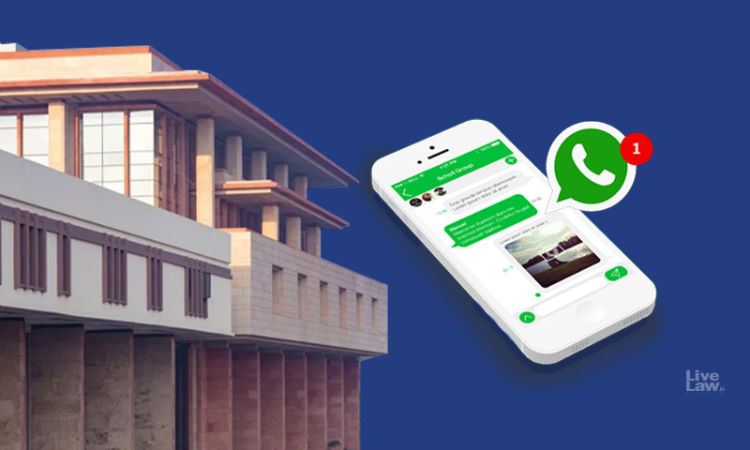Observing that WhatsApp is a 'private app' and that the users voluntarily use the app even though they have the option to not use it, the Delhi High Court today said that it will only issue notice in the petition once it understands the concern of the petitioner against the application and its contentious updated privacy policy. The single judge bench of Justice Sanjeev Sachdeva of the Delhi...

